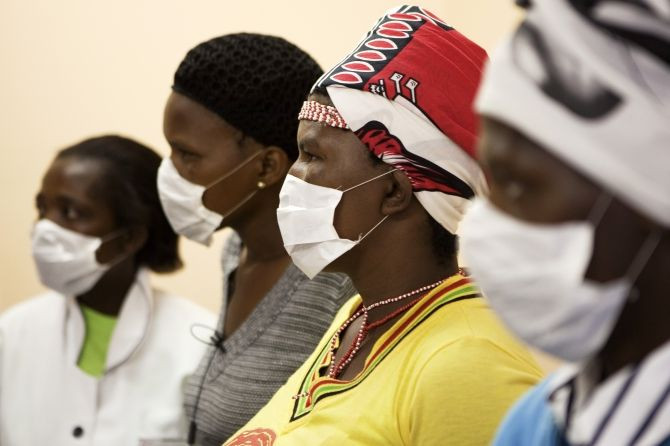Stopping the Immune System Response Creates Effective Tuberculosis Treatment

Our bodies actually provide shelter for the tuberculosis bacteria to grow and survive in the body for a long time. New research shows that by disrupting this shelter, TB treatment can be made more effective.
Researchers say that early response by the body to the TB attack, promotes the survival of bacteria. Tuberculosis infection causes an immune response that includes production of TNF-alpha. This TNF-alpha is essential for tuberculosis to lay dormant in the body.
For the study, researchers used animal models to examine the effects of blocking off this TNF-alpha in the initial stages of tuberculosis therapy. One set of mice received standard tuberculosis therapy while another was kept on standard tuberculosis therapy and a drug that inhibits TNF-alpha. The researchers tried to block off the body's immune system and found that this new method worked better than the standardized treatment.
"We were surprised to find that this paradoxical approach actually works in mouse models of TB," Sanjay Jain, M.D., an infectious disease specialist at Hopkins Children's Center and the senior author of this study.
About one-third of the world's population has latent tuberculosis, meaning people have been infected by the tuberculosis bacteria but are not (yet) ill and cannot transmit the disease, World Health Organization (WHO) says.
"New and shorter tuberculosis treatments are needed to stop this scourge globally, but current treatments largely target actively replicating bacteria, rather than slow-replicating, persistent tuberculosis bacteria," said Sanjay Jain,
The study found that in the initial stages, both standard treatments and the new treatment work almost similarly. However, at later stages, the new treatment works better because it was able to keep off the bacteria from staying dormant.
"This finding is important because it is during this later phase of infection and treatment, that tuberculosis bacteria multiply much more slowly, making up the so-called 'persisters' that lie 'asleep' and require protracted treatment," said Ciaran Skerry, Ph.D., the journal report's first author.
In 1993 WHO had declared tuberculosis a global public health emergency. According to the WHO's report, in 2010 there were 8.8 million people in the world who were diagnosed with tuberculosis. In the same year, as many as 650,000 people were diagnosed with Multiple Drug Resistant-tuberculosis.
The study was published in the journal PLoS ONE.



























